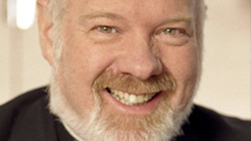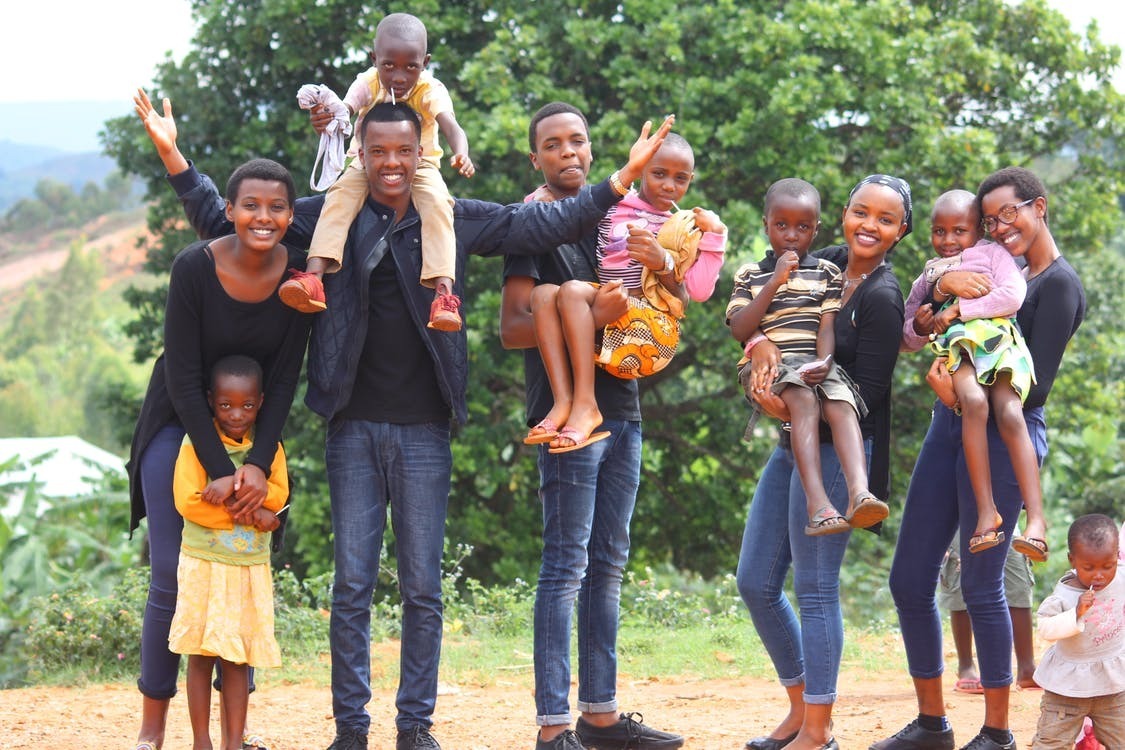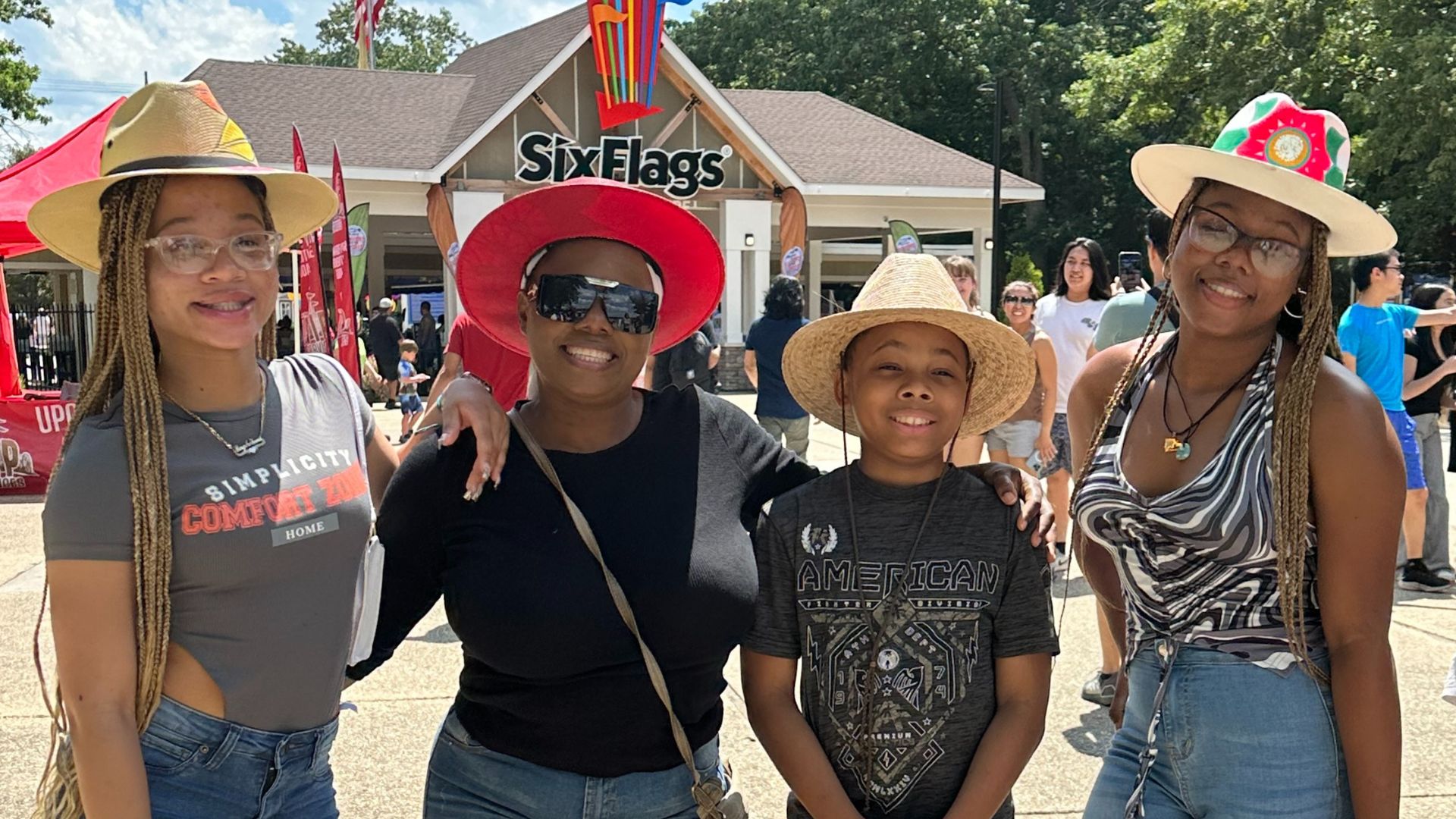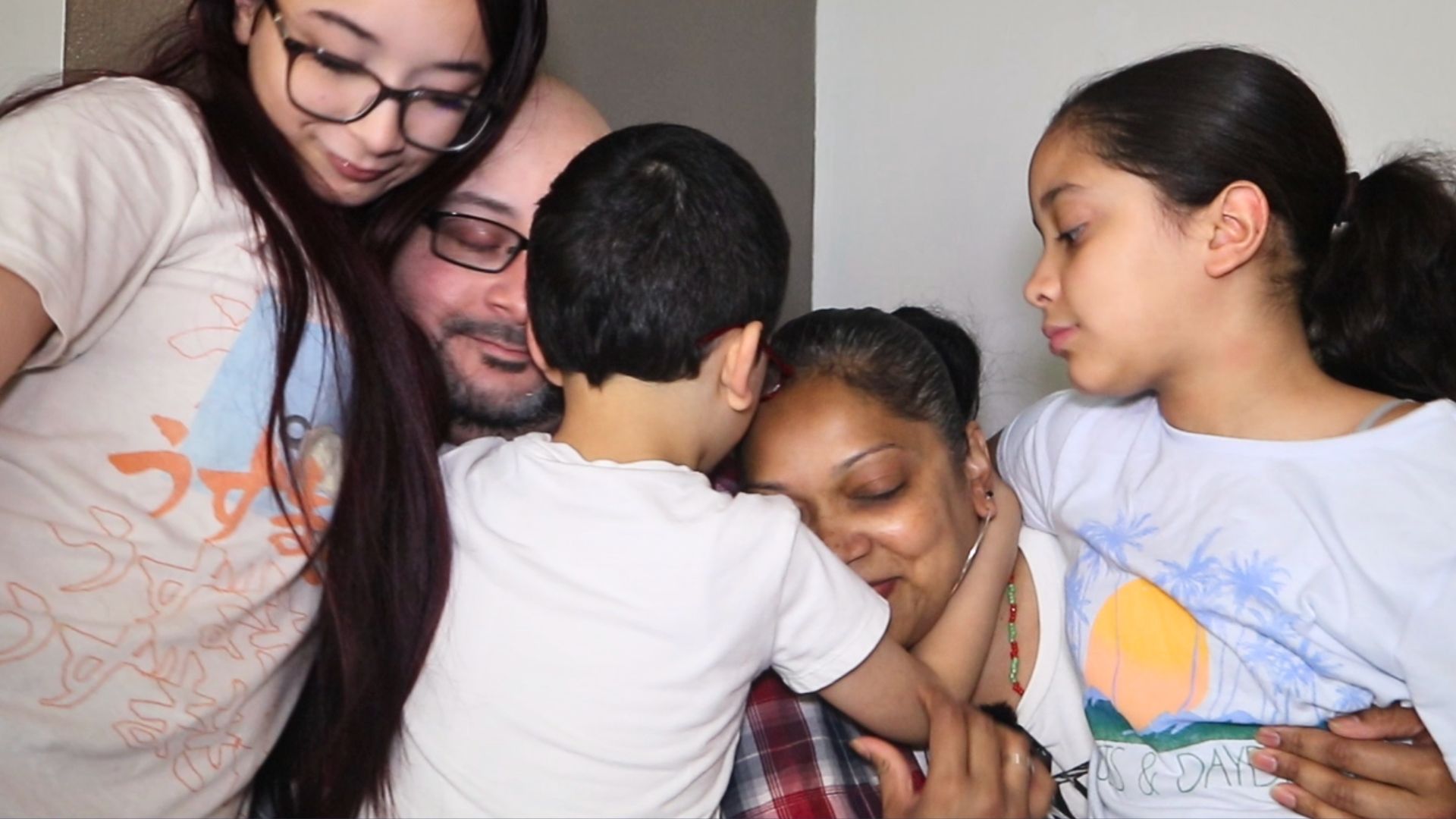By Peter Feuerherd
Advocates for Haitian refugees were advised during a Feb. 17 webinar to be culturally aware in assisting those who fled political persecution, gang violence and natural disasters as they navigate the labyrinth of the U.S. immigration system.
The issues became more acute last summer, as President Jovenel Moise was assassinated in July and the impoverished island suffered an earthquake in August.
The webinar was co-sponsored by Catholic Charities of the Archdiocese of New York, Catholic Charities USA, the Catholic Legal Immigration Network and the United States Conference of Catholic Bishops. The audience came from across the country, from Washington and New York to San Diego.
One caution expressed at the webinar is to make sure that legal advice is presented by qualified lawyers, even if others can participate in other ways.
“It takes a community of service,” emphasized Maryann Tharappel, Attorney for Immigrant and Refugee Services for Catholic Charities Community Services of the Archdiocese of New York, a speaker at the webinar.
“Many Haitians take solace in the Church.”
She urged advocates for Haitian refugees to seek out cultural experts in the community, particularly in Catholic parishes where Creole Mass is celebrated regularly. “Many Haitians take solace in the church,” she said, noting that Haitian immigrant parishioners who have been in the United States can provide a wealth of resources. They can also be a source of culturally sensitive volunteers.
She said that Haitian migrants need to hear about their legal rights. That needs to be done through non-mainstream media, including social media as well as radio programs in Creole directed to the Haitian community.
Caution and cultural competence were key suggestions from other speakers at the webinar.
There is a need for translation, both in basic language as well as subtleties, noted Vanessa Joseph of Catholic Legal Services in Miami. For example, what the U.S. government considers legal persecution grounds for asylum are often interpreted differently. Many Haitian immigrants seek out political asylum, but don’t realize that their cases have a better chance if they seek out other categories.
It’s up to attorneys to translate the stories of Haitian migrants for the U.S. legal system, filled with judges who often have little experience of Haitian reality, she said.
Migrants and refugees are often told they must have particular documents to support their claims. Sometimes they expect attorneys to produce those documents. That, she said, is impossible.
“We do not make documents. You either have them or you don’t,” she said. The role of attorneys is often to tell applicants what they can apply for, and what they may not be eligible for.
“It’s okay to tell people there is no form of relief,” said Vanessa Joseph, noting that sometimes the role of an immigration advocate is to inform potential applicants what their legal situation is. That can often sound cruel, she said, but it is the most helpful in the situation.
“You have educated that person to make an informed decision. It’s not up to you to make promises you cannot keep,” she said.
Stephanie D. Delia, founder of the Haitian American Lawyers Association, said that telling legal applicants that they may have limited options is “one of the most important things we do.” She tries to emphasize, however, that while legal options may be limited at the moment, they do change over the course of time due to changes in political circumstances.
Hilary Chester, Associate Director for Anti-Trafficking Programs for the US Conference of Catholic Bishops Migration and Refugee Services, emphasized that advocates be aware of what resources are available to migrants, including Medicaid and other programs, which vary from state to state. She noted that children of immigrants born in the United States have all the rights to social programs that any citizen of the United States regardless of the status of their parents.
Stephanie D. Delia noted that the role of an immigration attorney is more than just filing legal appeals. As a Haitian and Creole speaker, she said that cultural awareness is imperative. Many of the migrants suffer from trauma through their ordeal of leaving Haiti, often over difficult sea journeys or on land routes that can traverse countries hostile to immigrants.
Sometimes the stories they tell may not make sense to those without an experience of Haitian realities. Vanessa Joseph warned not to impose U.S. sensibilities about stories that might sound nonsensical or fantastic to non-Haitians.
The webinar was the first in a series planned to advance training for advocates working with the Haitian community in the United States. Further information is available at:
• Webinar recording
• Current guidance on Cuban and Haitian entrants











